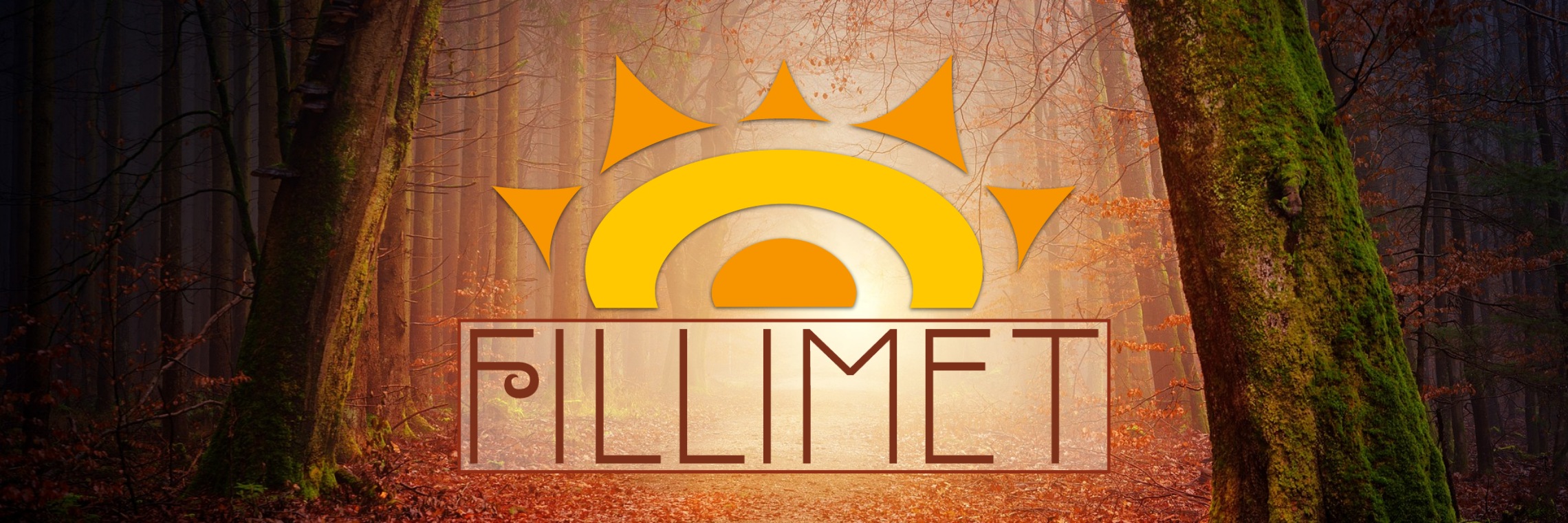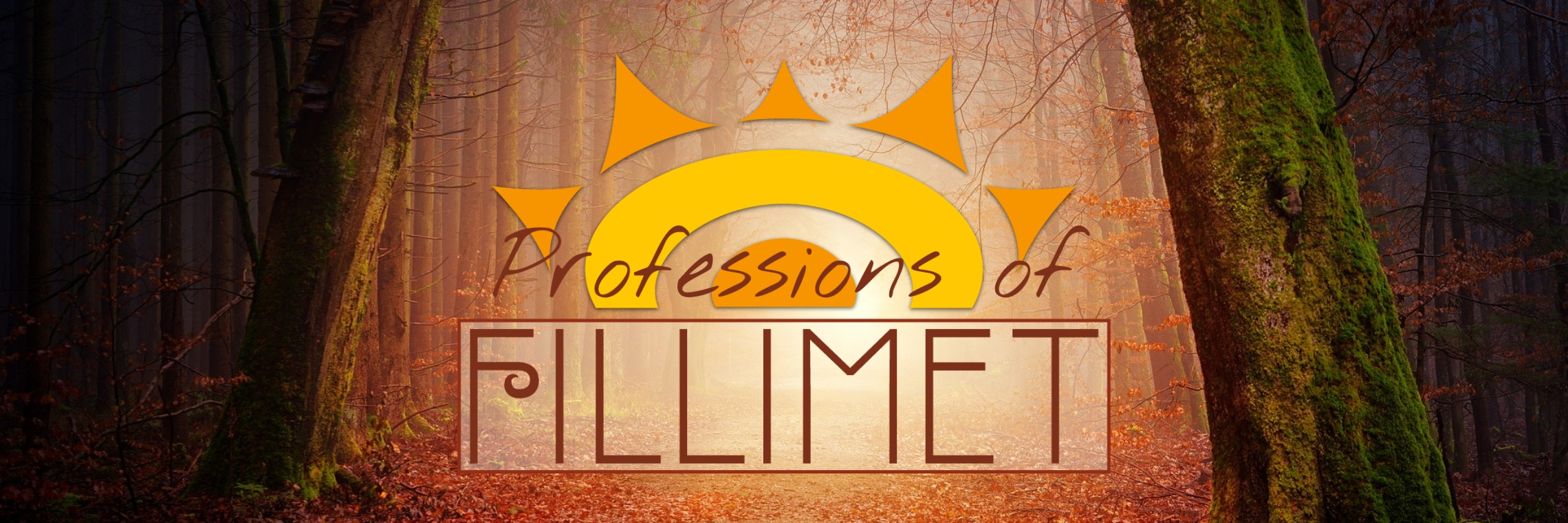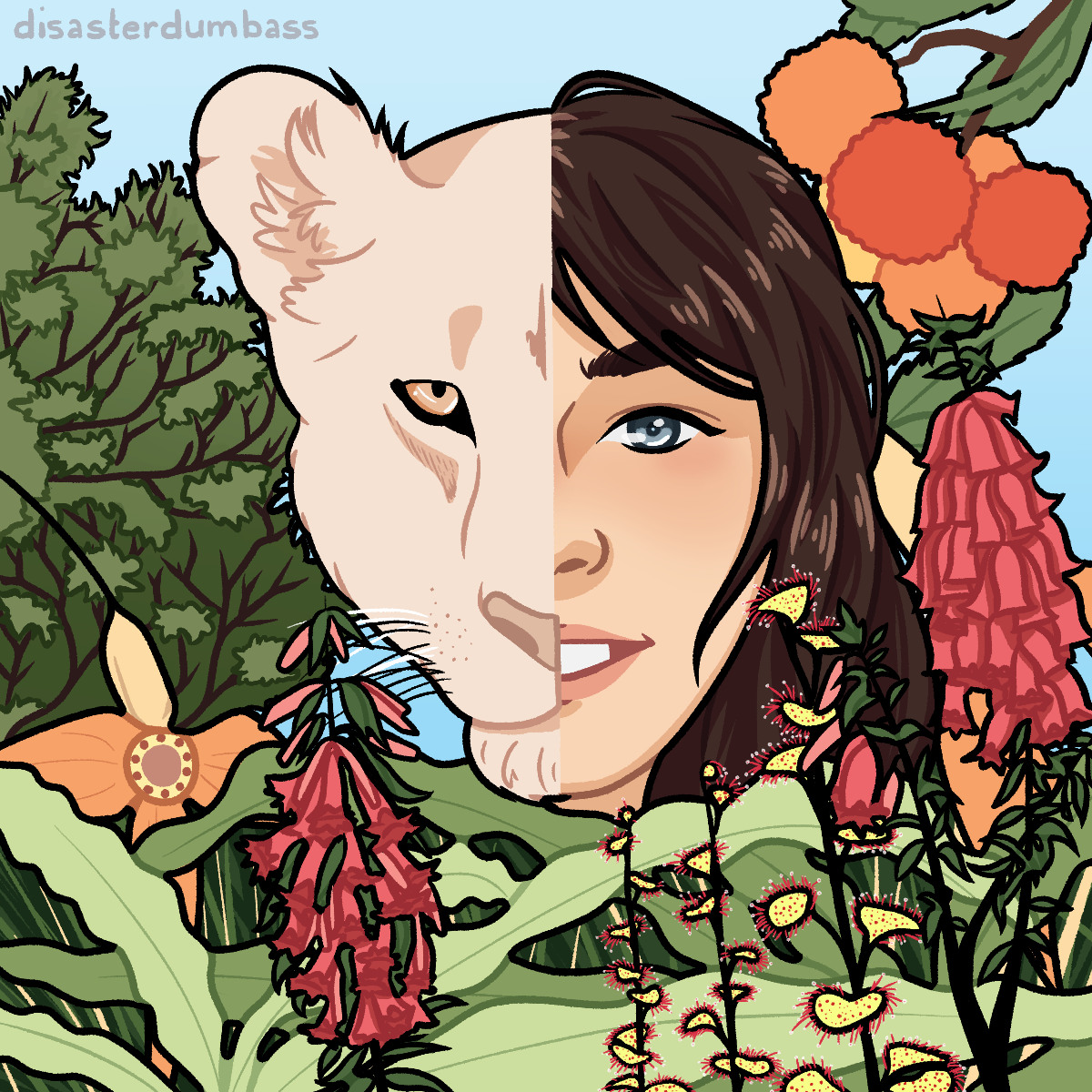The best discoveries involve a long-held mystery, a hot cup of tea, and the mutual respect of an Antiquarian Conservator.— common researcher saying
Beloved of scholars and
archeologists alike, Antiquarian Conservators are skillful restoration specialists. The work is taxing, and their prices expensive, but their contributions to the success of even the simplest archeological digs or historical research efforts is readily apparent. From damaged artifacts to crumbling books, an expert Conservator can help repair the damages of time (or careless
archeologists) to help an expedition to uncover the hidden secrets of the past.
Career
Conservators begin their careers as apprentices to experts in the field, assisting in the simpler aspects of restoration as they learn the more advanced tools of the trade. A beginner apprentice would typically be responsible for monitoring and ordering supplies, maintaining the cleanliness of the workspaces, and basic preparation on simpler restoration projects. As they advance in their education they take responsibility for more advanced tasks, from preparing the
alchemical mixtures to basic restorations, and eventually identify the tasks needed to restore each item as well as performing prep work for more advanced restoration processes.
Eventually each student will become master apprentices, capable of performing most restoration processes excluding the most complex forms such as advanced
Draconic Book Preservation. From this point onward the master apprentice will not leave their mentor's side. In this role they will assist their mentor directly in two person tasks, or even perform their own solo restoration under the watchful gaze of their teacher. This continues until their mentor declares their training complete, at which point they are free to set out on their own although many choose to stay on with their mentor and for several additional years in order to build their own reputation in the field. In these cases the newly graduated Conservators are expected to help with the mentorship of additional apprentices.
Antiquarian Conservators typically train two or three apprentices at a time in different phases of their training. The most renowned Conservators may have as many as twelve apprentices, as well as several fully certified conservator assistants seeking to add the prestige of the expert conservator to their own name and experience records.
Due to the demanding nature of the work, the extensive training required to become an expert in the field, and the large waiting list of clients, Conservators are well paid for their efforts. Many offer discounted rates to professional historical associations, with some even agreeing to full time positions if the organization is prestigious, but private collectors should expect to pay a handsome sum for the restoration of their collection.
Perception
Antiquarian Conservators are best known for their restoration efforts of books and other documents, although many have additional specialties in restoring other classifications of historical artifacts as well. They have proven invaluable to historians, archeologists, and researchers in uncovering the secrets of the ancient past, particularly those recorded in document form.
Effective conservators are highly revered in scholarly circles. Their expertise is valued and required in the analysis of many historical discoveries, while their long waiting lists allow them to pick and choose their clients... And their prices.
When a conservator's restoration assists in new discoveries and research their names are cited in the findings as a matter of course. The prestige from involvement in each new discovery helps drive further business to the Conservator, while Conservators tend to give preference to individuals and organizations which have the best impacts on their reputation.
Operations
Skilled Antiquarians rely on a collection of specialized spells from multiple magic classifications, all customized for use in their restoration tasks. These include spells from all major
Artisanal Magics, as well as
Divination and
Chronomancy, among others. Conservators are also expected to master
Draconic Book Preservation during their apprenticeships, even if they do not expect to focus on books restoration as their primary specialization, as many of the techniques can be modified for application in other restoration fields.
Conservators require a clean working environment, with the most delicate work requiring a positive pressure environment with minimal air movement. Most Conservators choose to maintain either a distraction-free environment or one decorated with decor they find relaxing, as the magic required for more advanced restorations is relatively unforgiving and quite taxing.








I really enjoyed this article. They sound like a really interesting group of people. I'd love to get a cup of tea with them and have a good natter about careless archaeologists and beautiful, old books.
Oh, me too! I'll bet they've seen some really amazing things in their work, and I want to hear all about it. Thank you for your kind words.
Necromancy is a Wholesome Science.